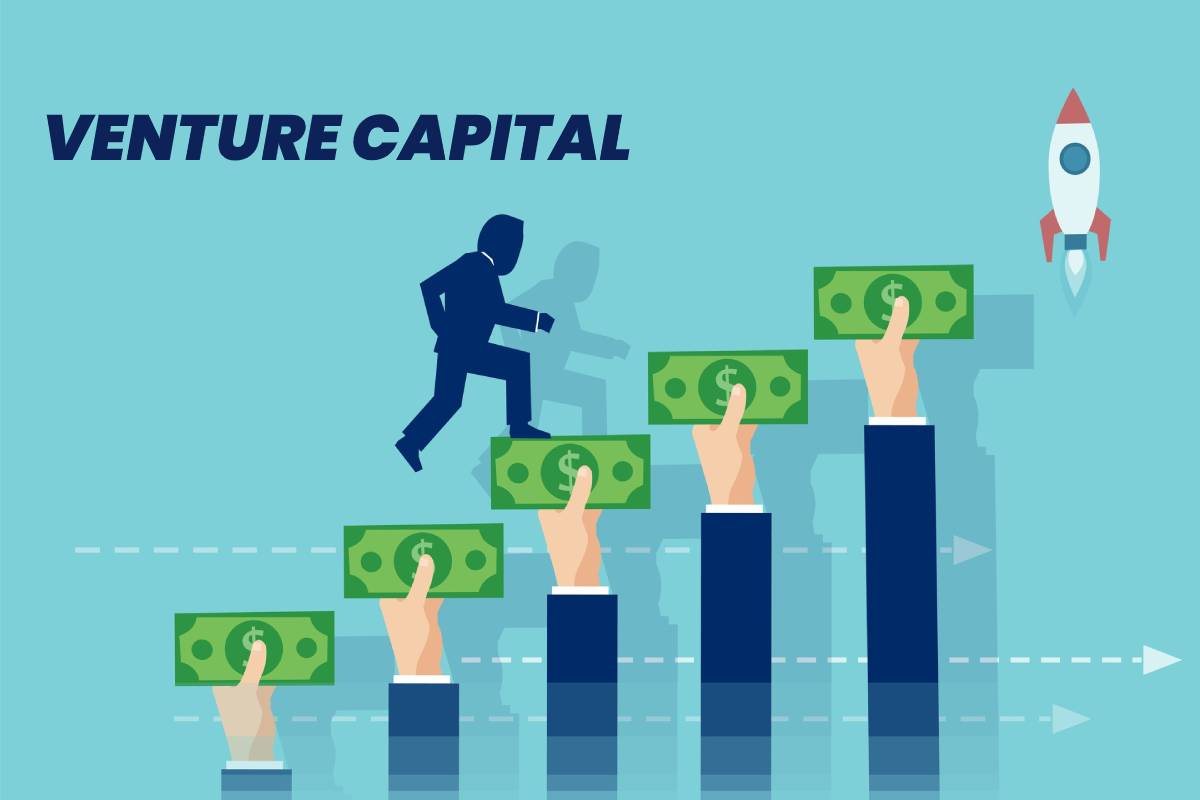Table of Contents
Venture Capital Definition
The term represents a way of corporate finance Venture Capital, or venture capital belongs to the area of private equity.
These are private or institutional investors who want to invest their money profitably.
After the profitable investment, the share of the holding companies often sold at a hefty premium. In the end, investors also benefit from cooperation.
Often investments are made in business start-ups, which are associated with a high risk but are also very promising.
However, projects also financed by innovative start-ups. For example, many companies do not have the money to expand or modernize.
What are the advantages and disadvantages of venture capital?
The venture capital is an exciting opportunity for investors and entrepreneurs because it includes advantages and benefits for both parties.
- Since venture capital classifies as equity, then the company’s equity ratio increases.
- It not only improves the financial aspect of the company but also enhances its reputation.
- Because the more equity there is, the more willing banks will be to grant loans. It increases the financing scope for future projects.
- Thanks to the investment, the company now has security that can take effect in times of crisis.
- Fluctuating or low sales are thus more natural to compensate for, and the company can instead concentrate primarily on its growth.
However, venture capital also has some disadvantages that should not keep any secrets:
- Finding and attracting investors can turn out to be a complicated and long-term task.
- A lot of stress, time, and work has to invest in convincing them of financial participation.
- For example, investors usually ask for a detailed and well-designed business plan that sets out all the relevant information.
- Even after countless discussions and submission of the business plan, it may well be that the investors are not convinced of your idea, and the effort has not paid off.
- However, since the affiliates take a long time to review your documents, you can quickly lose six months.
- Since usually only two to five percent of applications are approved, you should prepare for a lengthy search.
When does venture capital pay off?
- Since venture capital does not only have advantages, the use should be carefully considered.
- The risk capital pays off above all for the early-stage financing of start-ups.
- It is also known as seed funding. The capital invested used to cover the costs associated with the market launch.
- Furthermore, there are always companies that strive for more and want to expand accordingly.
- For this reason, the capital needed for the expansion or growth of the company.
- The money can used to finance the expanded production or distribution system, to develop the range or variety of services, to implement more modern marketing strategies, or to finance the IPO.
- Furthermore, there may be restructuring or reorganization costs when a company takes over.
Also Read: What is Debt Financing? – Definition, Advantages, Types, and More
READ MORE:- beingnathuman


